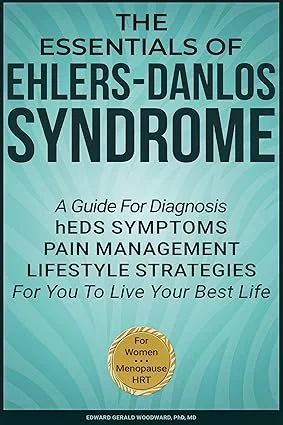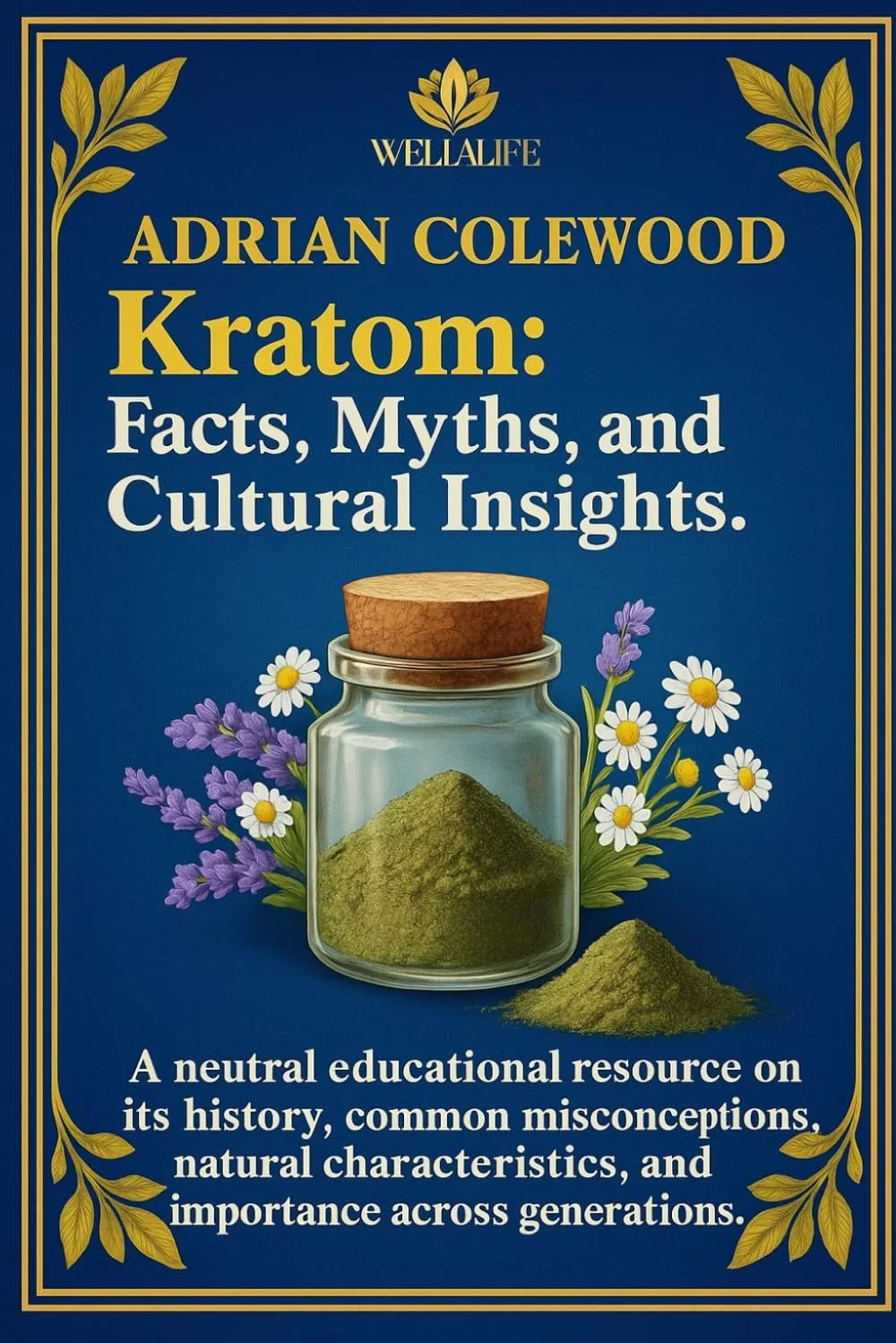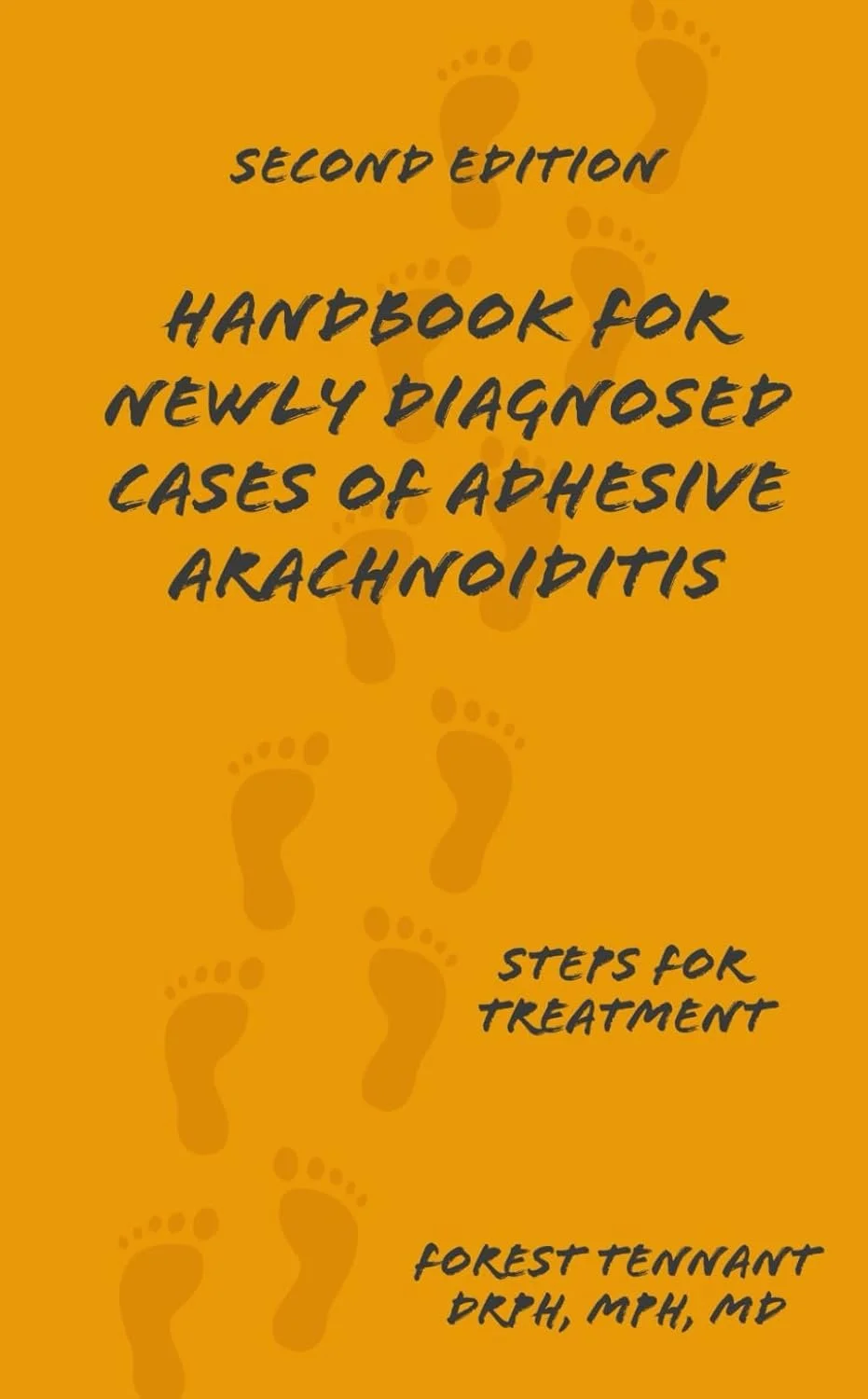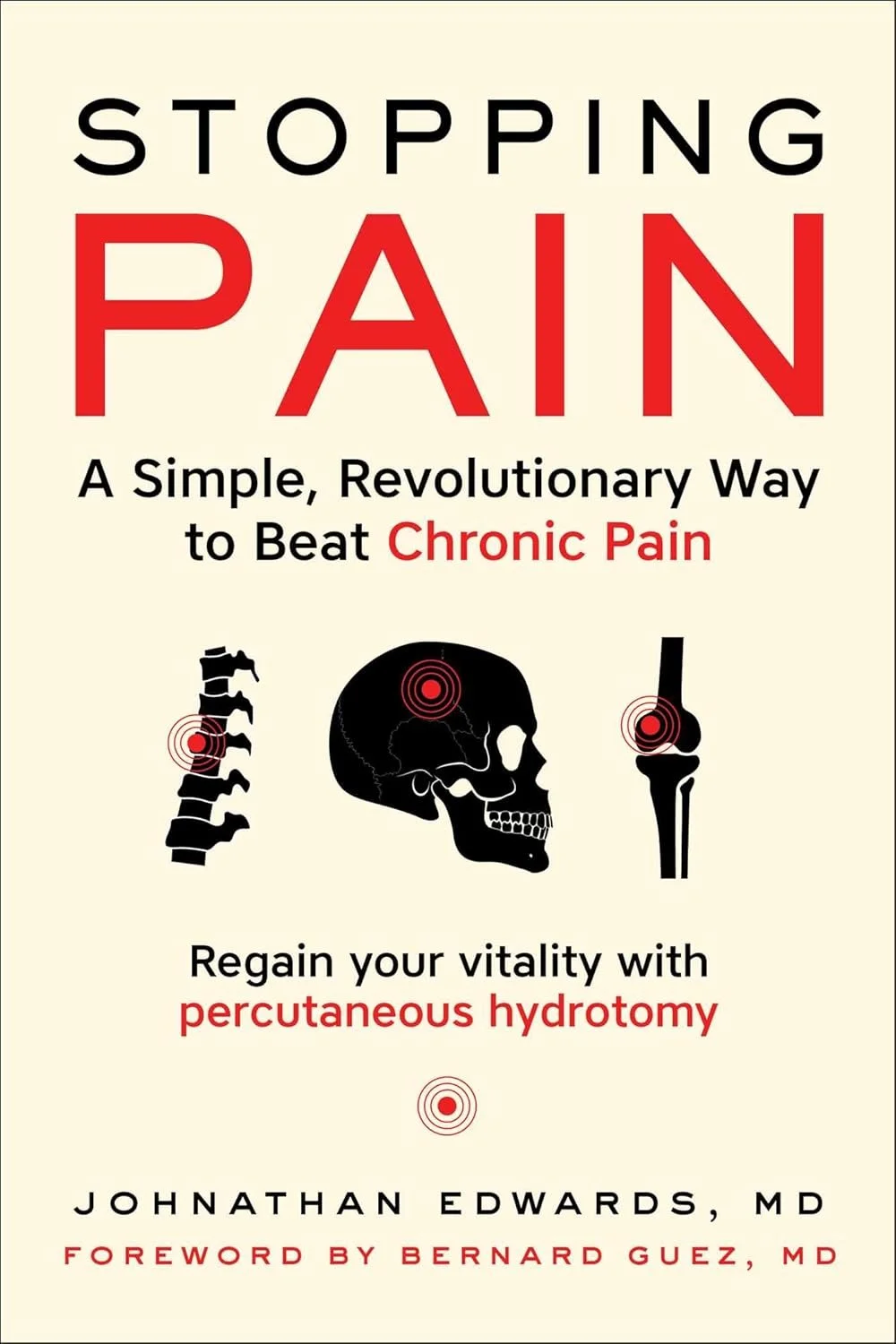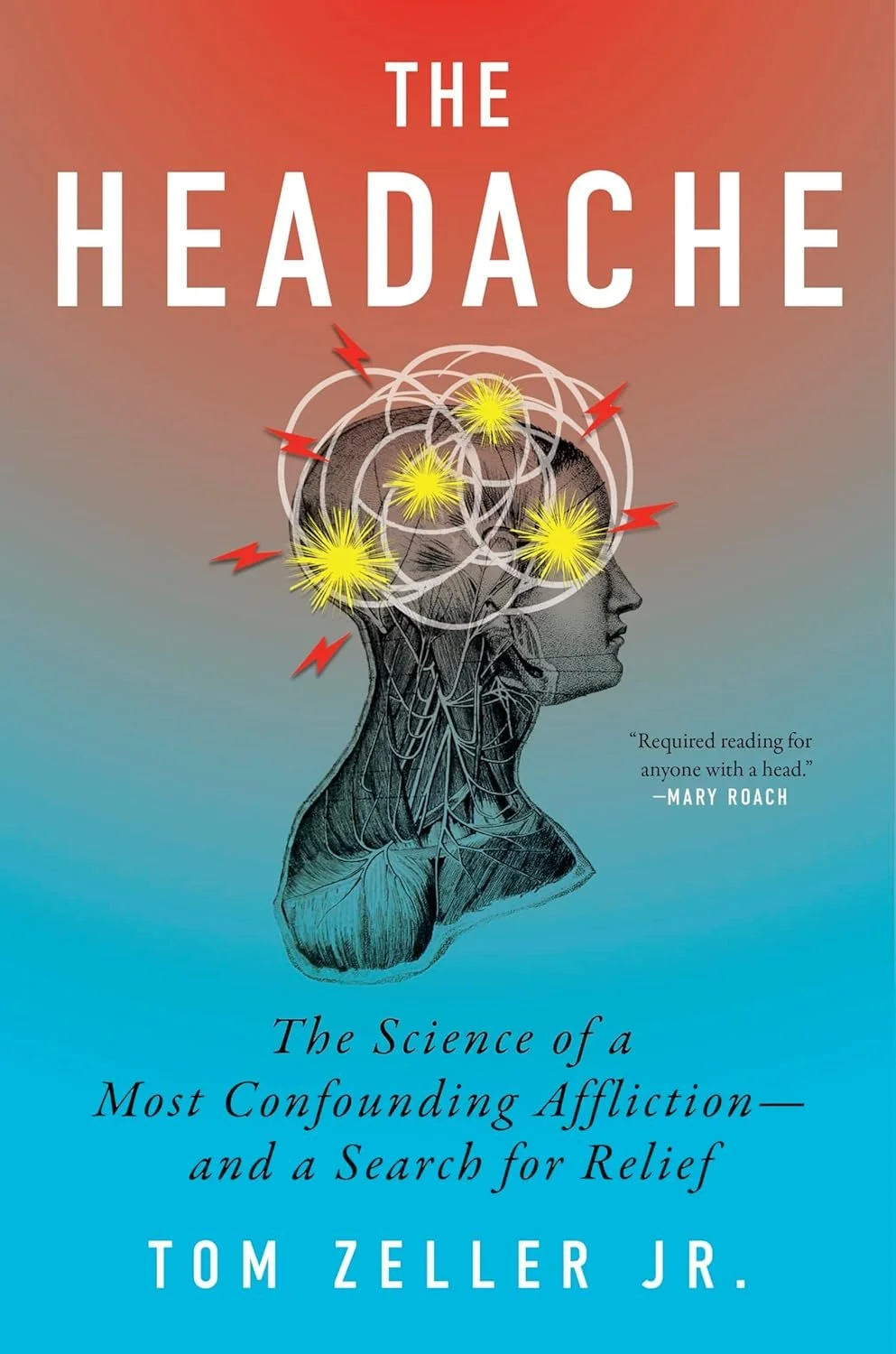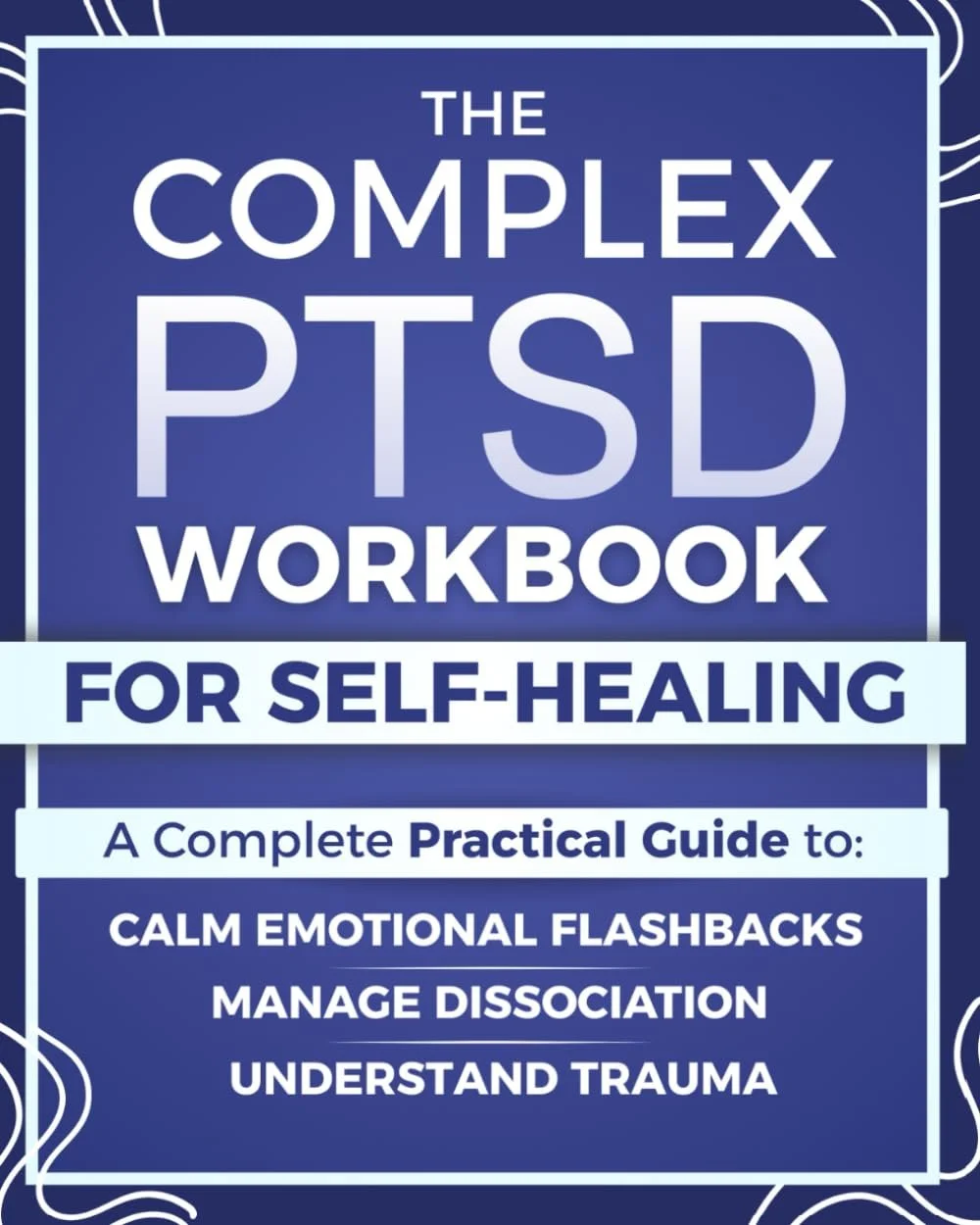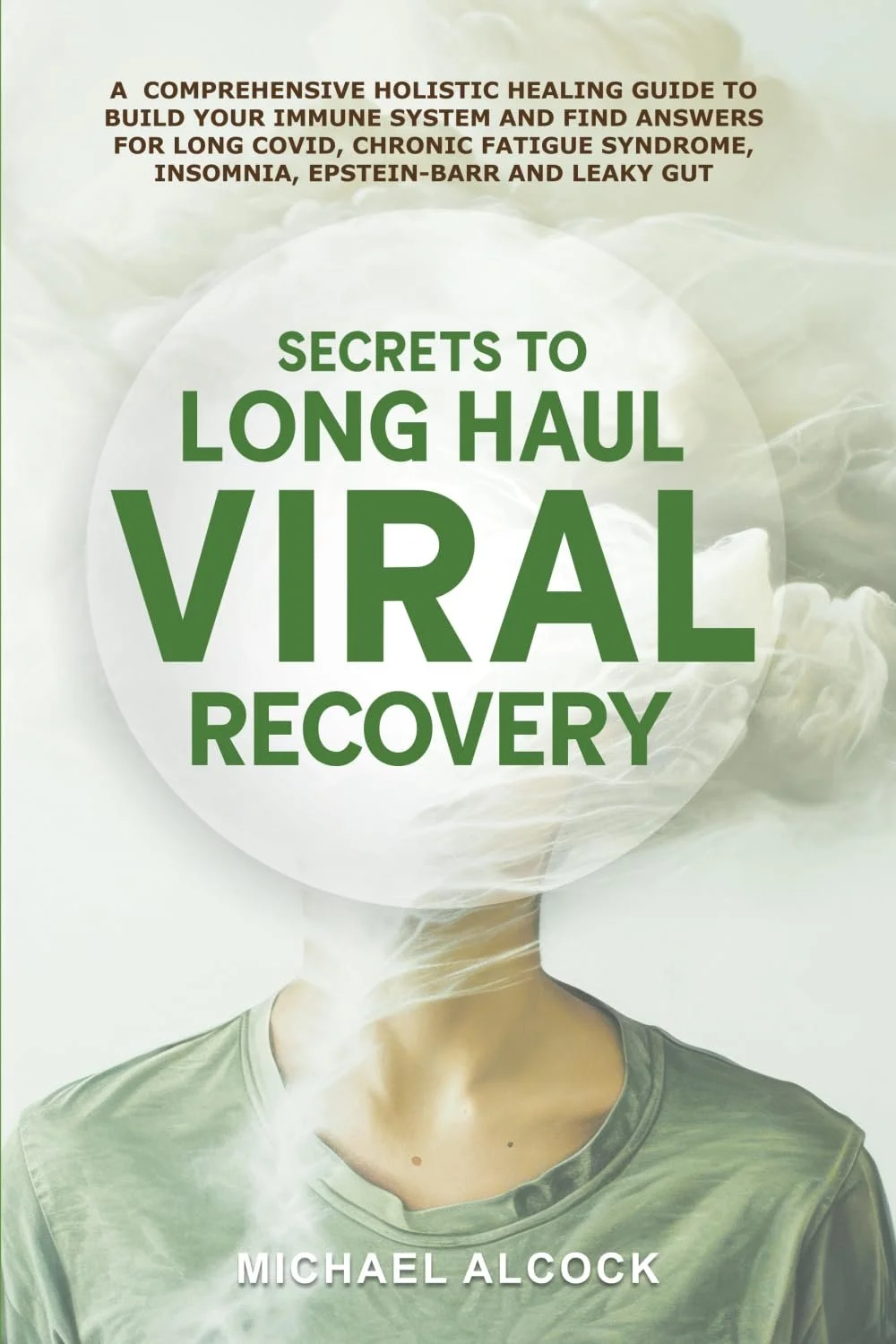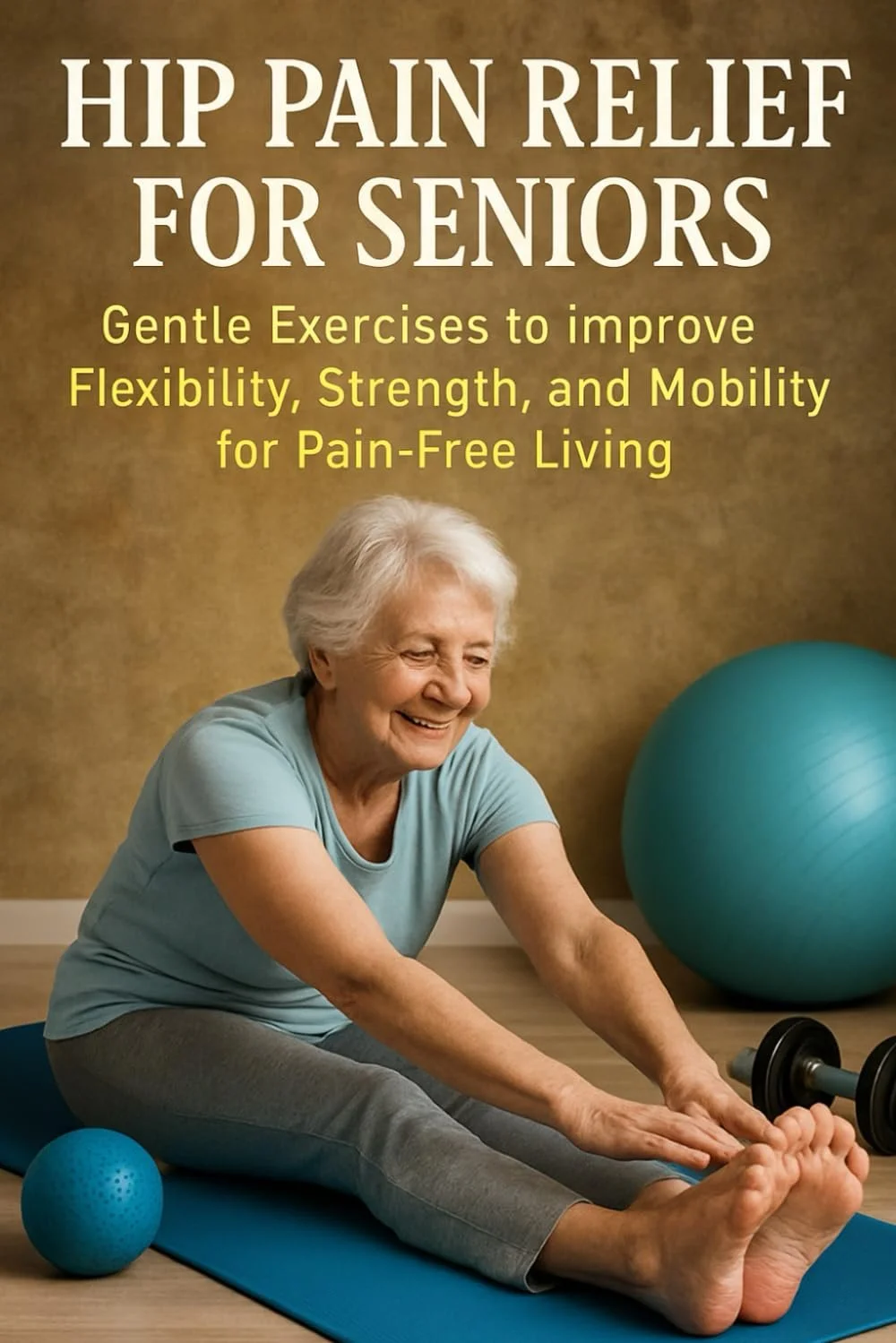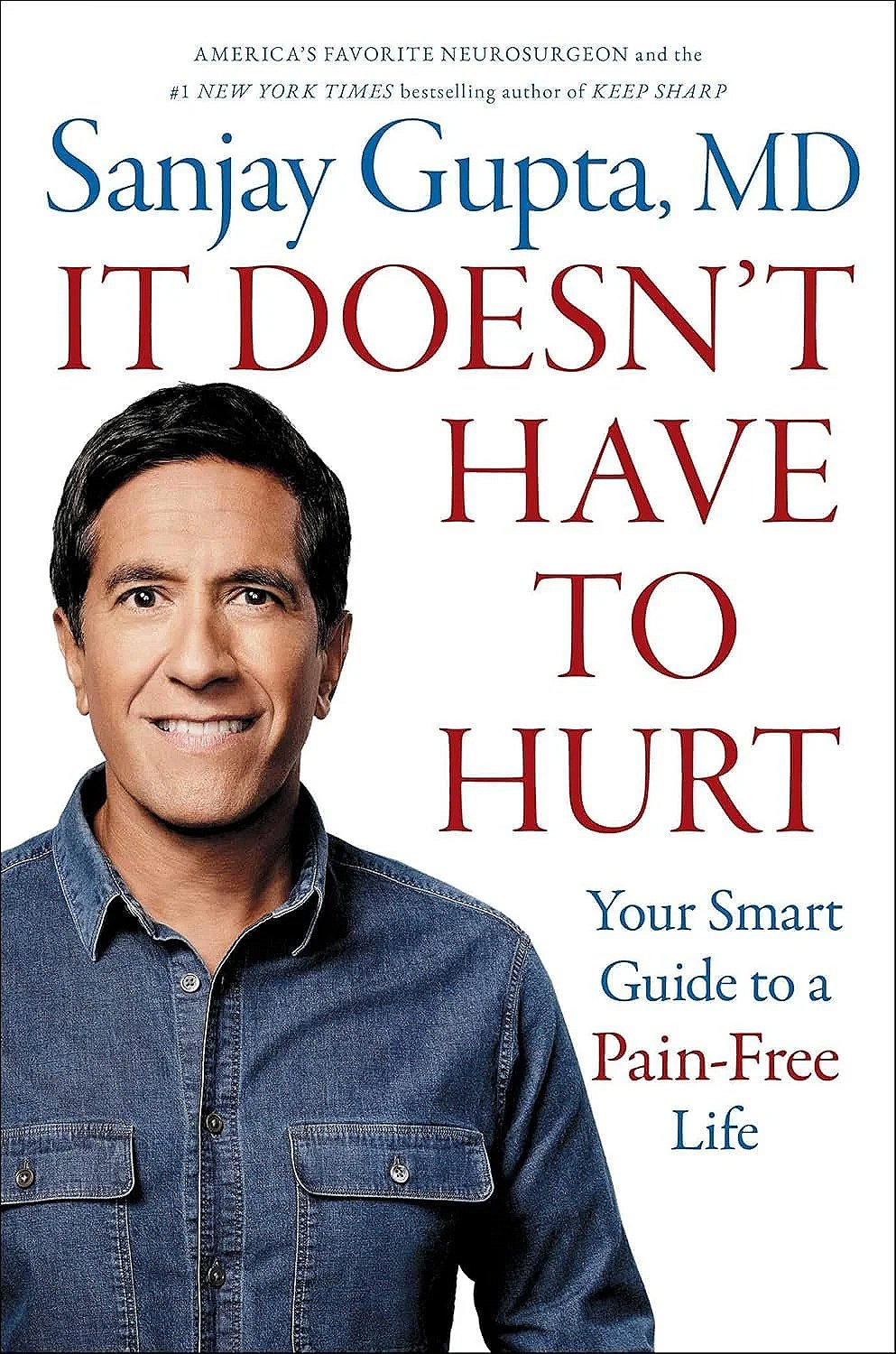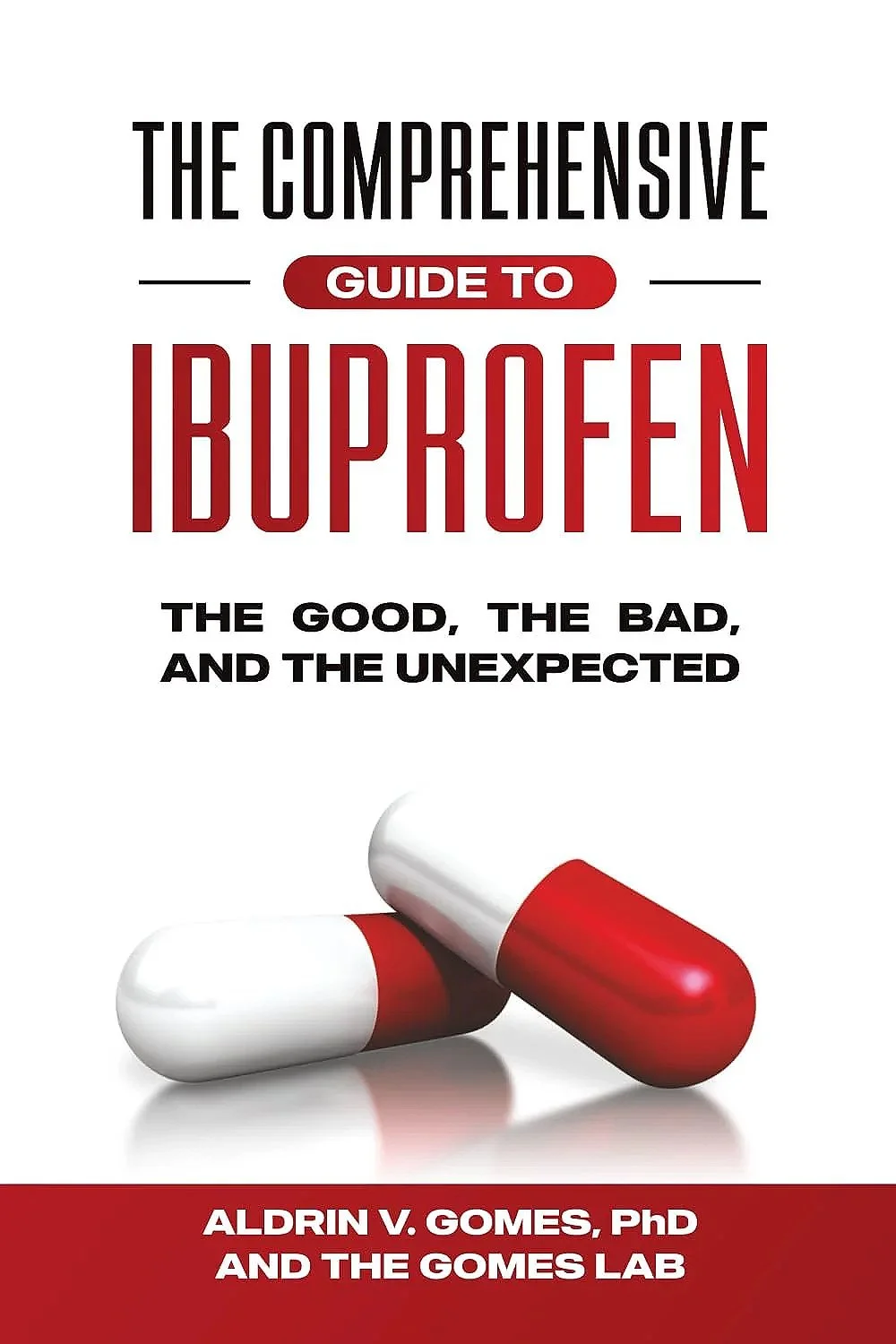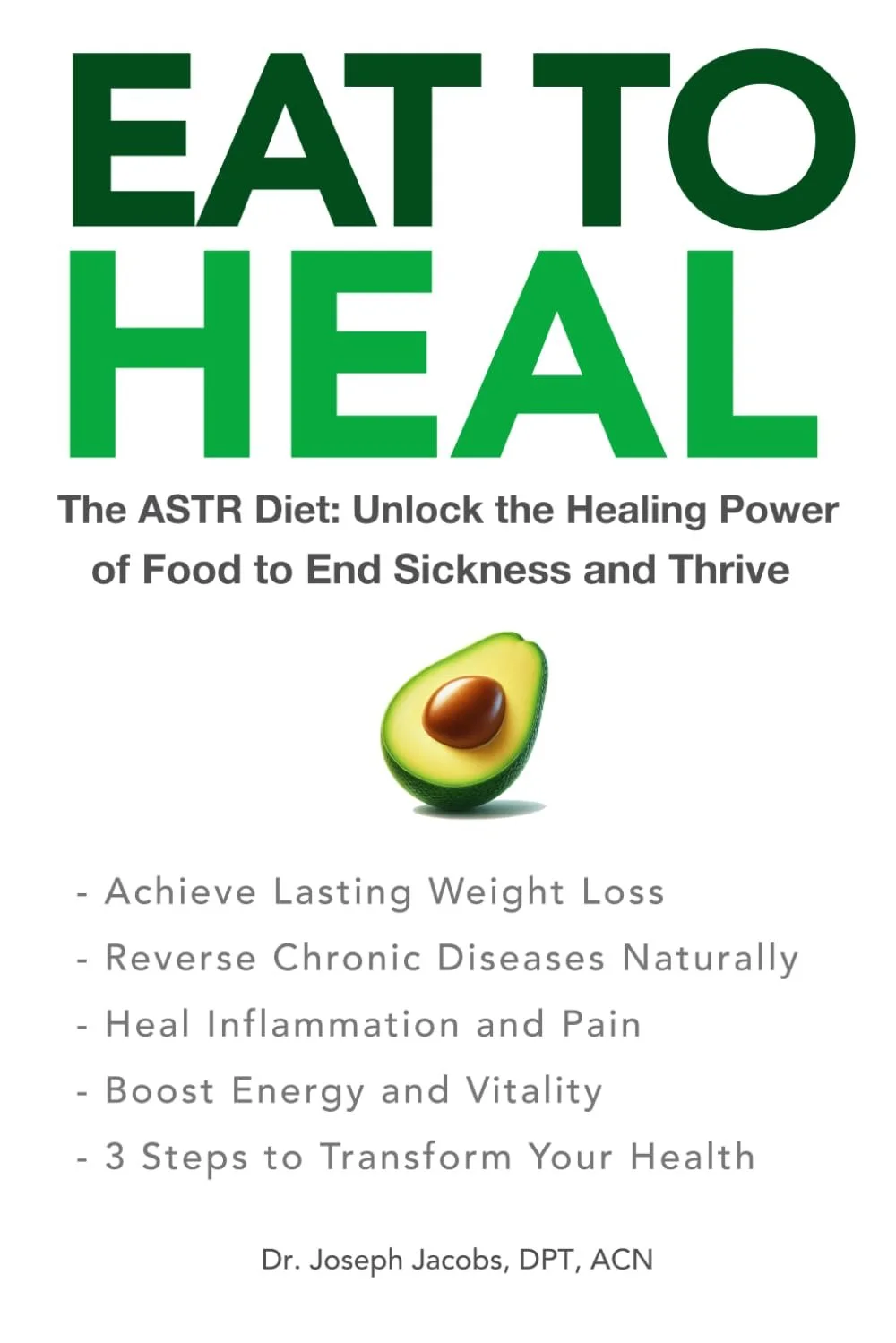SUGGESTED READING
Click on the book cover or title for price and ordering information. PNN receives a small amount of the proceeds -- at no additional cost to the buyer -- for orders placed through Amazon. As an Amazon Associate, we earn from qualifying purchases.
The Inflammation Game: Anti-Inflammatory Lifestyle Choices
Author S.J. Paquet was immobile, depressed and overweight two years after rupturing an Achilles tendon. She was also in pain as chronic inflammation took hold of her body. That’s when she started learning about anti-inflammatory diets, holistic healing, and gentle yoga techniques. In this book, Pacquet shares how she restored her health from the inside out.
The Essentials of Ehlers-Danlos Syndrome
This book is intended to help people understand and manage Ehlers-Danlos syndrome (EDS), a genetic and painful disorder that presents as a confusing set of symptoms that are often misdiagnosed. Topics covered include the 7 sub-types of EDS, what specialists to see, and how to create a personalized care plan to manage pain flares and fatigue.
Kratom: Facts, Myths, and Cultural Insights
This is one in a series of books by Adrian Colewood that seeks to present a balanced and neutral view on kratom, a controversial supplement used by millions to relieve pain, anxiety, depression and withdrawal. With kratom facing new regulations and outright bans due to its opioid-like effects, the book explores the myths and misinformation about a medicinal plant that’s been used for centuries in southeast Asia as a natural pain reliever.
Handbook for Newly Diagnosed Cases of Adhesive Arachnoiditis
This second edition of Dr. Forest Tennant’s book for new cases of Adhesive Arachnoiditis (AA) explores the treatments that can reduce the symptoms of this debilitating spinal nerve disease. Left untreated, AA can result in intractable pain, a bed-bound state, and premature death. This handbook summarizes Dr. Tennant’s 3-step protocol to suppress inflammation and autoimmunity, regenerate damaged tissue, and control pain.
Stopping Pain: A Simple, Revolutionary Way to Stop Chronic Pain
Chances are you’ve never heard of percutaneous hydrotomy, a minimally invasive regenerative treatment in which a sterile saline solution is injected into the body to relieve musculoskeletal pain and “flush out” inflammatory substances. Percutaneous hydrotomy has been used in Europe for 30 years and is gaining popularity with amateur and professional athletes who want to stop pain, heal nagging injuries, and boost performance.
The Headache: The Science of a Most Confounding Affliction
Over 3 billion people worldwide suffer from a headache disorder, including author Tom Zeller Jr., who suffers from cluster headaches. Zeller wrote this book to better understand what causes migraines and headaches, and why there are few effective treatments for such a common condition. Zeller looks at the inner workings of the human nervous system and provides a vivid account of the disabling pain that headache sufferers endure.
The Complex PTSD Workbook for Self-Healing
Has chronic pain or a chronic illness left you exhausted — physically and emotionally? Do you live in dread of another pain flare or sleepless night? Alex Carter wrote this self-help handbook to guide you on a 6-week action plan to overcome Post Traumatic Stress Disorder (PTSD) with practical ways to help quiet your mind and nervous system.
Secrets to Long Haul Viral Recovery
Author Michael Alcock is a “long-hauler” from Covid-19 and the Epstein-Barr virus, who spent a decade researching why some people are more prone to long-haul viral infections, while others recover easily. This book explains how to recover holistically from viral infections like long Covid by strengthening the immune system through better nutrition, vitamins and supplements.
Hip Pain Relief For Seniors
This book is designed for older adults who want to overcome hip pain and limited mobility without surgery or medication. Simple and gentle exercises can be done at home to regain flexibility, strength and movement. These “senior-friendly routines” will help you stay active and independent, including older adults recovering from hip replacement or arthritis.
It Doesn’t Have to Hurt: Your Smart Guide to a Pain-Free Life
CNN medical correspondent Dr. Sanjay Gupta is a neurosurgeon by trade who learned that all pain starts in the brain, but chronic pain “comes with baggage attached.” Gupta is not a fan of opioid medication, and thinks the body’s own pain relief system can be primed through mediation, sleep, nutrition, acupuncture and physical therapy such as foam rolling. He calls pain “the most mysterious of all human sensations.”
The Comprehensive Guide to Ibuprofen
Aldrin Gomes, PhD, and his team of researchers at UC Davis look at the benefits and risks of ibuprofen, one of the world’s most widely used pain relievers. Like many NSAIDs, ibuprofen increases the risk of heart attack, stroke and stomach ulcers — even at regular doses — and may interact with hundreds of medications. Studies suggest ibuprofen may also have some surprising health benefits, such as lowering the risk of dementia.
Eat to Heal: Unlock the Healing Power of Food
After years of suffering from chronic migraine, fatigue and cancer pain, Dr. Joseph Jacobs turned to nutrition, developing the Advanced Soft Tissue Release (ASTR) diet to reduce inflammation, relieve pain and restore energy. In this book, he shares how eating the right foods helped him beat chronic pain from the inside out, while debunking the myths of so-called “healthy diets” that left millions of people chronically sick and fatigued.
Complex Regional Pain Syndrome
Complex Regional Pain Syndrome (CRPS) is a debilitating chronic nerve disease that is usually caused by trauma and can strike any part of the body. This book, edited by Drs. Lynn Webster and Jijun Xu, is part of the "What Do I Do Now? Pain Medicine" series. It looks at 11 clinical cases of CRPS and how they were treated with conventional analgesics and novel therapies, including neuromodulation and ketamine infusions.
The Formula for Better Health: How to Save Millions of Lives
Former CDC Director Tom Frieden, MD, believes the U.S. public health system is in crisis due to budget cuts and backsliding on vaccines. Readers hoping he would explain, defend or apologize for the CDC’s disastrous 2016 opioid prescribing guideline will be disappointed. Frieden’s focus is on preventing deaths from infectious diseases such as tuberculosis and Ebola — not the deaths and suffering caused by the opioid guideline that he helped create.
Greed to Do Good: The CDC’s Disastrous War on Opioids
Dr. Charles LeBaron worked for nearly three decades as an epidemiologist for the CDC. Although not directly involved in the CDC’s opioid guideline, LeBaron recognized its disastrous consequences after he became a pain patient himself and needed opioids. In this book, he gives an insider’s perspective on the CDC’s institutionalized arrogance and how its misguided strategy to reduce overdoses only made the opioid crisis worse.
Policing Patients: Treatment and Surveillance of the Opioid Crisis
Prescription Drug Monitoring Programs (PDMPs) were launched across the country to help prevent opioid addiction and save lives. In actuality, author Elizabeth Chiarello writes that PDMPs are “Trojan horse” surveillance tools used by law enforcement to spy on patients. PDMPs interfere with the practice of medicine by turning doctors and pharmacists into undercover agents — often pitting them against their own patients.
The Epstein-Barr Virus: A New Factor in the Care of Chronic Pain
Dr. Forest Tennant looks at the Epstein-Barr Virus (EBV) and its relationship with chronic pain. We are all carriers of EBV, which is normally harmless and dormant. But when the virus reactivates, it is carried throughout the body, damaging tissues and causing autoimmune conditions such as MS and lupus. Persons with chronic pain severe enough to require daily pain relief medication may have EBV reactivation.
Doctor Bison’s Fables: An Allegory of the American Pain Refugee Crisis
Dr. Mark Ibsen uses animals as lead characters in a series of fables to convey the crisis faced by many pain sufferers in the U.S. Doctor Bison and his patient (an otter) are joined in a crowded exam room by a menagerie of other animals representing insurers, hospitals, federal health agencies, and law enforcement. All want to have a say in what Dr. Bison prescribes to his sick patient — resulting in little actual treatment for the otter.
Z’s Odyssey
In his sequel to “Patient Z,” author Stefan Franzen updates the personal story of a loved one with intractable pain who was unable to find effective treatment due to the crackdown on prescription opioids. He eventually found relief by taking buprenorphine, a “widely misunderstood” opioid that, when used in its purest form, can be just as potent as morphine.


